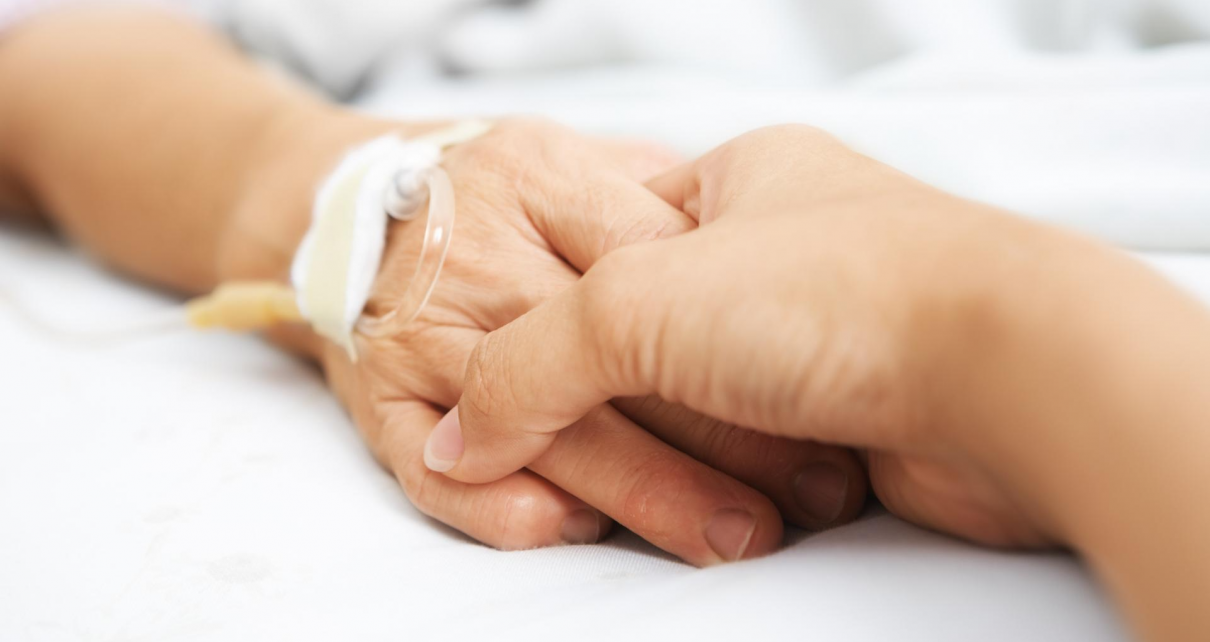
Two Hospitals in Las Vegas Have Reported Cases of a “Superbug.”
By TheNevadaGlobeStaff, November 28, 2022 1:26 am
Two Hospitals in Las Vegas Have Reported Cases of a “Superbug.”
LAS VEGAS – Candida auris cases have risen to 600 in Southern Nevada, with more than a third at two hospitals.
Sunrise Hospital and Medical Center, the state’s largest general acute-care hospital, has the most drug-resistant fungal cases. Las Vegas hospital detected the first pediatric C. auris cluster in the U.S. in May.
Horizon Specialty Hospital – Las Vegas had 95 as of Oct. 24. 33 hospitals have recorded instances.
C. auris can cause bloodstream infections and mortality in hospital and nursing care patients. More than one in three individuals die after contracting a blood, heart, or brain infection, according to the CDC.
As of Nov. 18, 63 C. auris fatalities were reported. Nevada’s first instance was recorded last August.
Horizon Specialty Hospital of Henderson, Valley Hospital Medical Center, and Silver Ridge Health Center round out the top five.
More instances at a facility “doesn’t automatically signal infection management is an issue,” says Kimisha Causey of the Nevada State Healthcare Associated Infection Program. The facility reporting a case may not be where the patient contracted it, she added.
“From a consumer perspective, it would be problematic,” she said.
Hospitals say they identify some cases through entrance screening.
“We continue to identify individuals upon admission with heightened monitoring testing,” said Dr. Steven Merta, Sunrise Hospital’s chief medical officer. Targeted testing, better isolation, high-level cleaning, and innovative infection prevention technology keep patients, colleagues, and visitors safe.
Valley Health System hospitals, including Valley Hospital, “remain attentive in the detection and treatment of C. auris through screening, testing, treatment, isolation protocols, and deep cleaning and UV-C lighting,” stated Gretchen Papez.
Horizon Specialty Hospitals and other facilities with high case numbers didn’t comment.
Mark Pandori, director of the Nevada State Public Health Laboratory in Reno, said genetic analysis shows two unique C. auris outbreaks in Southern Nevada, each with a different clade or strain of the fungus.
Two facilities were hit by distinct fungal strains, which then spread, Pandori added.
Last Monday, a health department spokesperson named Sunrise and Centennial Hills Hospital Medical Center.
The state health authorities began investigating in April as cases grew. The CDC sent a team to review infection control practices and educate workers on the new pathogen and how to prevent its spread.
C. auris is contagious. Infected surfaces propagate it. It’s contagious. Patients and workers spread it from hospital to facility.
It’s difficult to pinpoint. The fungus lives in the folds of some people’s skin, is invisible, and causes no symptoms. Colonized persons can spread germs even when healthy.
Untreatable. Antifungals aren’t always effective.
Proper use of PPE, such as gloves and gowns, and infection-control practices, from hand-washing to high-tech cleaning processes, can restrict its spread.
Those who have a central venous catheter or other lines or tubes in their body are more likely to have C. auris, the CDC says.
Randy Hull, 65, tested positive for C. auris after having a stroke and being transferred to many hospitals and long-term care institutions, said Roni Johnson.
The trucker’s stroke left him unable to walk, talk, or swallow and caused pneumonia. He was weaned off a ventilator in March at Kindred Hospital Las Vegas-Sahara. Johnson claimed he was talking, watching baseball, and sitting with help. He grew unwell in October.
She stated, “He turned suddenly, and there were no answers.” “He would have perished if I hadn’t rescued him.”
Johnson’s brother was diagnosed with C. auris, a UTI, and pneumonia at MountainView Hospital, she added. He’s recently rehabilitated and moved to a Utah nursing home.
Kindred Hospitals cannot comment on a patient’s condition or treatment for to privacy concerns.
Kindred Hospitals has strict infection control measures and best-practice training to safeguard vulnerable patients from drug-resistant pathogens.
Kindred Hospitals test all admissions for C. auris and isolate patients pending test findings.
Dawn Cribb, a state health department public information officer, said 11 colonization and 4 clinical cases were reported at Kindred Sahara.
The Nevada health agency suggests screening new patients for C. auris upon admission. It also recommends retesting if a roommate or unitmate tests positive, Causey said.
Not all facilities implement the suggestions, but Causey couldn’t name them. She said Nevada law prohibits such screenings and tests.
According to health department data, new cases have declined since September. This may indicate less screening.
Cribb said countywide cases are dropping. The screening volume is lower than in previous months.
Credits: Review Journal
Copyright 2022 702 Times, NV Globe. All rights reserved.
- Peace Through Strength: Trump Confirms US–Israel Strikes on Iran to Halt Nuclear Threat - February 28, 2026
- Safety First: NWS Warns of High UV Index During Vegas Heat Spike - February 28, 2026
- NV Energy Scandal Refunds Hit $63M But Questions Linger for Nevada Families - February 28, 2026




